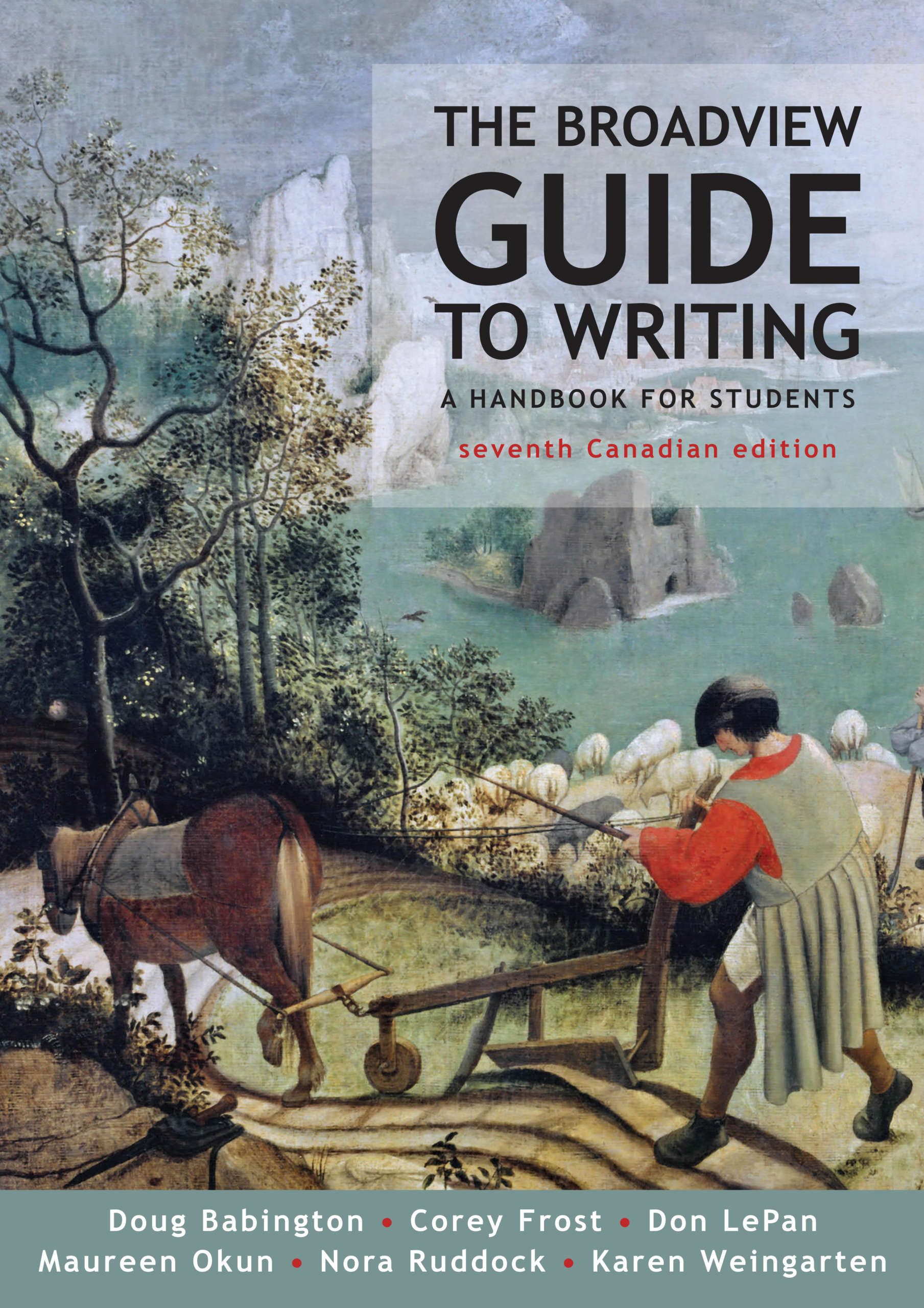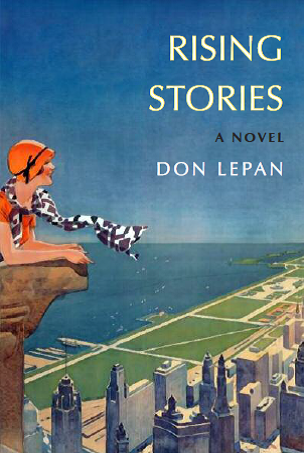As you might expect, then, I have paid some attention to the recent sentencing trial of the defendant in the Pittsburgh trial (who was convicted in June of the killings—the matter now being considered is whether the sentence will be capital punishment or imprisonment for life without parole).
One interesting aspect of the coverage has been that some of the reporters writing on the case have chosen not to name the defendant in their articles. I am among the many people who have called for an end to the practice of naming mass murderers in the mass media (see https://donlepan.blogspot.com/2015/10/lets-refuse-to-give-mass-murderers.html). The reason is simple; it has long been clear that many mass killers are motivated, at least in part, by a desire for fame. To the extent that the media keep publishing the killers’ names, then, they are playing along with the killers’ desires—and to the extent that the media refrain from publishing the names, they are thwarting those desires. Mass killings by individuals are generally referred to by referencing the location at which they occurred rather than the names of the perpetrators; hate-motivated examples include the Montreal massacre (anti-women violence), the Pulse Orlando killings (anti-gay violence), the Charleston church killings (anti-black violence), the Quebec City mosque killings (anti-Muslim violence), and now the Pittsburgh Tree of Life killings (antisemitic violence). Yet in too many cases the perpetrators do become famous; the names of the Montreal and Charleston murderers are, sadly, all too well known—and in some cases have inspired others to attempt similar crimes.
Can we be sure that these names would not become well known if the media did not publish them? Of course not; there will inevitably be some who are determined to find out the names of mass murderers, and will succeed in doing so. But if we do not publish the names, it is surely likely that those names will at the very least become much less well known than if we do publish them. One point of comparison is the current treatment of young offenders. It is the law in many jurisdictions that the names of juvenile offenders not be made public; no doubt in some cases individuals who are determined to do so manage to find out those names, but the vast majority of us do no such thing, and the names remain unknown to us.
American journalist Garrett Haake is among those who have suggested that journalists who do not name mass killers “abdicate responsibility for asking and answering deeper questions about why an event took place, and what could have been done to stop it.” But surely media reports on crimes committed by juveniles have often inquired into deeper questions regarding why the crimes took place and what could be done to prevent their re-occurrence. Until recently there were few examples of reporters dealing with mass killings who chose not to name the killer when then was no law requiring them to refrain from doing so. One feature of the coverage of the Pittsburgh trial is that some reporters are making that choice. Notable among them is Delaney Parks, who has written numerous articles on the case for the Pittsburgh Union Progress* and the Pittsburgh Jewish Chronicle; Parks typically uses the noun “defendant” to refer to the killer; she does not name him. And her coverage is just as thorough and just as wide-ranging as that of other journalists who do mention the killer’s name.
Even those journalists and media outlets who do sometimes mention the Pittsburgh attacker's name are in many cases making an effort to do so only infrequently. (For a discussion, see “In an unusual alliance, Jewish media and striking journalists are uniting to cover the Pittsburgh synagogue shooting trial,” 1 May 2023).
Of relevance: As Mark Oppenheimer reports in his excellent book, Squirrel Hill: The Tree of Life Synagogue Shooting and the Soul of a Neighborhood, the families of the eleven people who were killed have been unanimous in their desire that the killer not be named in media coverage. (The degree to which any journalist can express the multifaceted truth about every individual involved in this sort of tragedy is necessarily limited--by the importance of respecting privacy as well as by other considerations--but Oppenheimer does an extraordinarily good job of giving the reader as full as possible an understanding of what went on—and of how the families and the neighborhood have coped in the years since.)
*The Union Progress was started by journalists from the Pittsburgh Post-Gazette, who went on strike in October 2022; Post-Gazette workers had been working without a contract since 2017.




